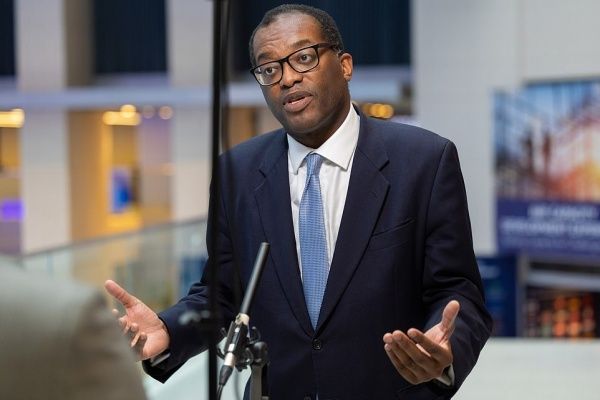Kwasi Kwarteng has confirmed he has been forced to step down as finance minister from the British government.
It means London will now have its fourth Chancellor of the Exchequer in as many months. Former health and foreign secretary Jeremy Hunt has been appointed in his place, the prime minister’s office has confirmed.
Liz Truss has confirmed a substantial U-turn on the government’s mini-budget announced last month, reversing a move to scrap a planned rise in corporation tax.
Earlier media reports suggested Liz Truss would sack Kwarteng after the initial plan prompted market turmoil and a collapse in support for the ruling Conservative Party at home.
“You have asked me to stand aside as your Chancellor. I have accepted,” he said in a letter to the prime minister, released following their meeting on Friday morning.
At a news conference on Friday afternoon, Liz Truss said she was “incredibly sorry” to lose her colleague, but she was putting the national interest first in order to ensure stability.
Speculation over Kwarteng’s position intensified the previous evening when he suddenly left a meeting of world financial leaders in Washington 24 hours early in order to fly back to London.
A question mark still hangs over the prime minister’s future. Truss and Kwarteng have been key allies, and the controversial policies which have caused so much trouble are just as much hers as his.
Watch Liz Truss’ statement from Downing Street:
Kwasi Kwarteng has been at the heart of the Truss government’s economic and fiscal policies which have caused havoc on financial markets, and caused political meltdown for the Tories.
His “mini-budget” announced on September 23 — which pledged billions of tax cuts funded by borrowing — led the pound to tumble against the dollar. The Bank of England intervened as the UK’s borrowing costs soared, bringing an immediate impact on household mortgages.
The finance minister was forced into U-turns — ditching the plan to scrap the top rate of income tax, and agreeing to bring forward the publication of the government’s detailed fiscal plans.
Opinion polls have shown a collapse in support for the Conservatives, with the opposition Labour Party opening up a 30-point lead.
A growing rebellion has seen Tory MPs — and the odd cabinet minister — become increasingly outspoken over the government’s direction. Many accused Truss of betraying the 2019 election manifesto commitment to “level up” poorer parts of the country with her libertarian economic policies, for which they said she had no mandate.
During the Conservative leadership contest in the summer, Liz Truss consistently said she would immediately cut taxes, despite warnings from economists and rival politicians that such a move would be very risky at a time of high inflation and market instability.
